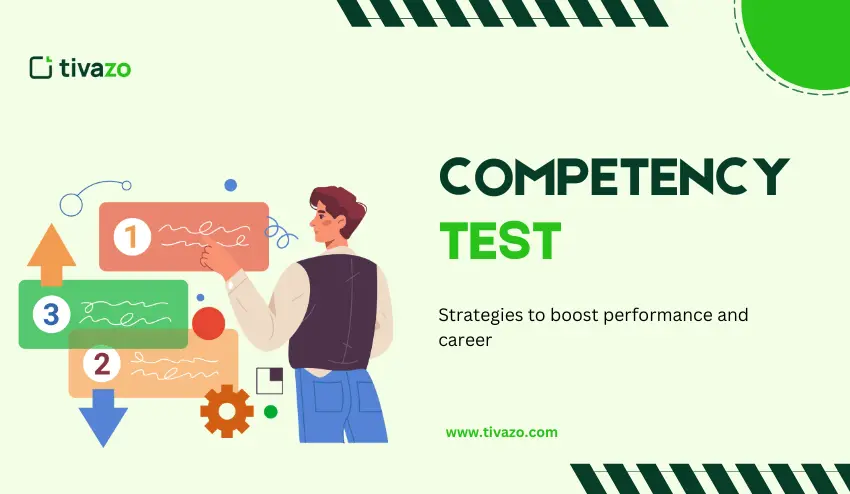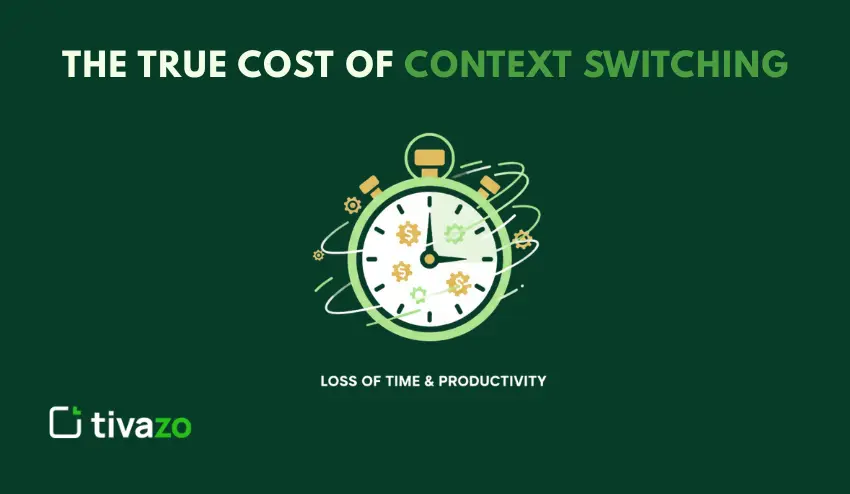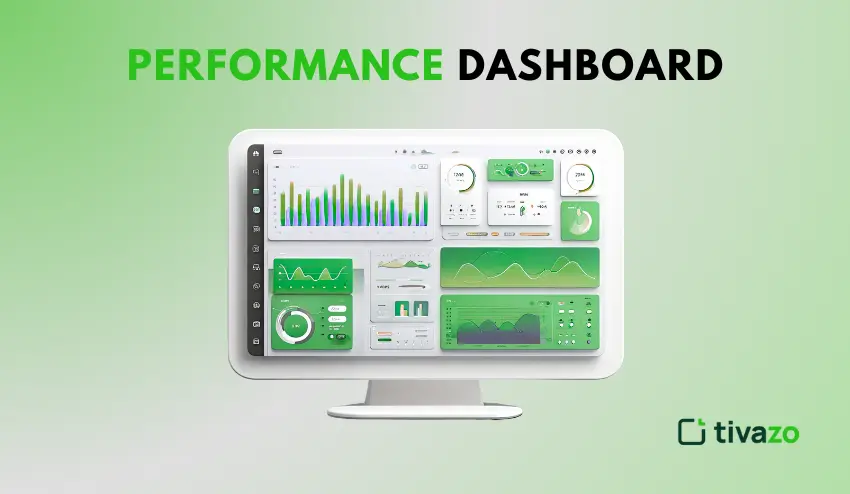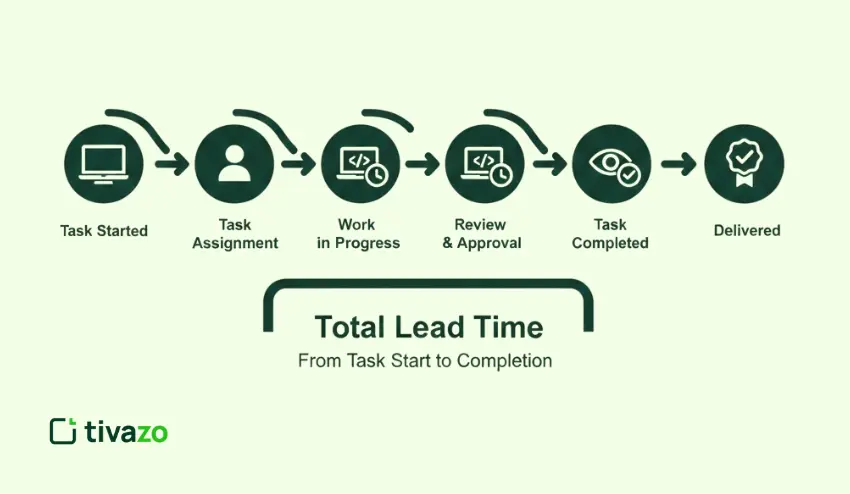Competency tests are more than a formality in the quickly changing world of career progression – they can be the key to unlocking opportunities. You’re at a fork in your career, and with one test could unlock a significant promotion, a new career of your dreams, or a substantial change in the team you are a part of. How do you ensure you won’t just pass the test but demonstrate success with ease?
Whether you are an aspiring job seeker trying to earn the respect of potential employers or a team leader developing their team, competency tests are not just assessments but an opportunity for development.
In this handbook, we won’t just help you navigate a competency test with confidence, but provide strategies to help you improve all from your day-to-day tasks, to stand out among the competition, transform your career with confidence, and take a step closer to whatever goals you have dreamed about pursuing in your professional role.
Are you ready to turn your test into a springboard for your success? Let’s get started.
Key Highlights:
- What is a Competency Test
- Competency Tests Are Crucial for Career Success
- Strategies to Ace Your Competency Test
- Competency Assessments Improve Employee Performance
- Skills vs. Competencies in the Workplace
- Competency Testing for Remote Teams
What is a Competency Test?
Competency tests are used to measure your skills, abilities, and performance as they relate to specific tasks or jobs. They can assess hard skills (technical knowledge) through to soft skills (which include problem-solving, communication, leadership, etc).
Key Types of Competency Tests:
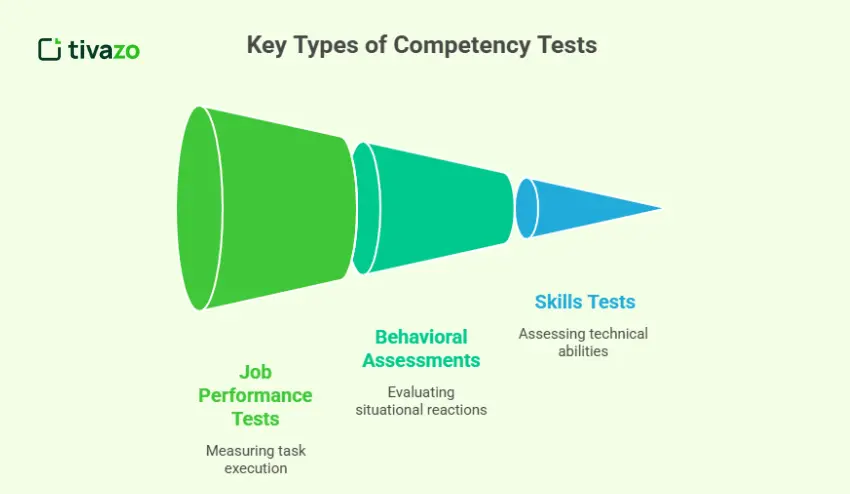
- Skills Tests: Evaluate specific technical skills, such as data analysis, programming, etc.
- Behavioral Assessments: Measure how you will react in a variety of work situations.
- Job Performance Tests: Measure your ability to perform tasks in the position you are applying for.
By knowing the types of competency tests and understanding the different types of testing, you can give yourself a head start in the preparation stage.
Why Competency Tests Are Crucial for Career Success
Competency tests are important for growth and career success, whether you are bringing new employees on board or attempting to achieve a higher level within the organization. Competency tests provide visible information about your competencies while providing the ability to visualize competencies that align with strengths and weaknesses, allowing you to improve the performance of your weaknesses.
The Impact of Competency Tests:
- Career Advancement: If you present strong competency results, you may benefit from being remembered at performance reviews. Strong competency results provide proof of talent and commitment to the organization, leading to an increased likelihood of advancing towards your long-deserved promotion.
- Skill Identification: Competency tests are a skill inventory, not solely about what you know, but also about your gaps in the skills you already possess. Once you find out where your gaps are, you can then work to build and develop your competency skill set.
- Team Effectiveness: Competency tests enable employers to confirm that they have the right people on the bus; competency tests are adopted to create performance teams. It allows putting the right people in the right jobs based on competencies to ensure team abilities are maximized.
5 Proven Strategies to Ace Your Competency Test
So, what’s the good news? You can prepare for competency tests with a few strategies. Check out these five actionable ways to help you perform well on your next competency assessment.
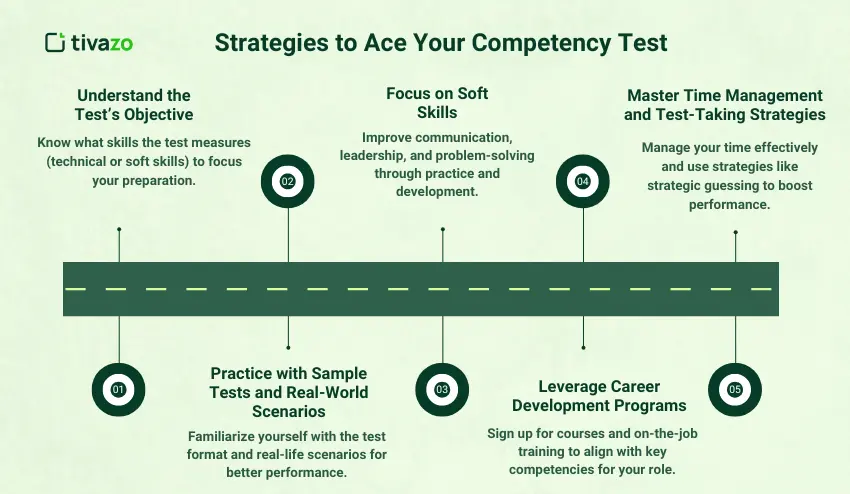
1. Understand the Test’s Objective
Before you start to think about how you’re going to prepare, take a moment to reflect on your competency test to determine what it’s measuring. Competencies vary from role to role; Some roles may focus more on technical skills, while other roles may focus on skills.
How to Prepare:
- Read the job advertisement to see what skills they are looking for.
- Research common competencies that are expected from the position, including communication, problem-solving, and leadership.
When you capture the essence of what the test is driving at, you are preparing for what you will be evaluated on, rather than just preparing in a general sense.
2. Practice with Sample Tests and Real-World Scenarios
While practice doesn’t make perfect, it certainly makes you more prepared. Practice with mock tests and sample questions is a great way to become accustomed to the test format and test question types.
How to Practice:
- Use free online resources to practice and develop ease with the timing and format.
- Engage in role-playing with a friend or mentor to practice behavioral skills, such as communication and leadership.
You can use free online practice or sample competency tests. Most practice or sample tests will be structured similarly to real tests, and they will have time limits.
3. Focus on Soft Skills: Communication, Leadership, Problem-Solving
Most competency tests measure soft skills competencies that are not quantifiable but may be critical for your career. When considering competency tests, communication, leadership, and problem-solving are the most common competencies and are assessed in the form of behavioral questions.
How to Improve:
- Build emotional intelligence through reading and online courses.
- Practice active listening and clear communication in your personal life and workplace.
- Take on leadership responsibility in group projects or at work to demonstrate your potential as a leader.
Developing these soft skills will help you perform better in competency assessments that examine your behavioral characteristics.
4. Leverage Career Development Programs
Competency-based career development programs are one of the best ways to prepare for these assessments, especially for corporate jobs. These programs focus on equipping you with the skills needed to be competent in your current role and focusing on competencies important for your next role.
How to Leverage Development Programs:
- Sign up for online courses related to the important competencies needed in your role.
- Take the opportunity to do on-the-job training or mentorship to develop your skills for your next role.
By participating in career development programs, you show employers that you are committed to the process of development and lifelong learning, the other thing that will help differentiate you in competency assessments.
5. Master Time Management and Test-Taking Strategies
Finally, being able to manage your time effectively is another skill that makes or breaks your competency test. Whether it is a written assessment, a task, or a competency-based interview, good time management means that you don’t rush through the assessment and get to develop your responses to component elements.
Time Management Tips:
- Limit the time for each practice test and stay within the time limit
- Break complex questions into many parts to avoid getting overwhelmed.
- Strategic guessing and reviewing answers mostly boost performance, saving time on tough questions.
By being aware of time management and being aware of and/or utilizing the above test-taking strategies, you are going to more confidently take an assessment with less anxiety because you will be familiar with the test-taking experience.
How Competency Assessments Improve Employee Performance
Competency assessments provide insights on how employees are doing in terms of performance, and the assessment can help companies not only determine the strengths of the employee, but also where performance needs improving. Competency assessments help employers “hire” which people to hire.
Impact on Employee Performance:
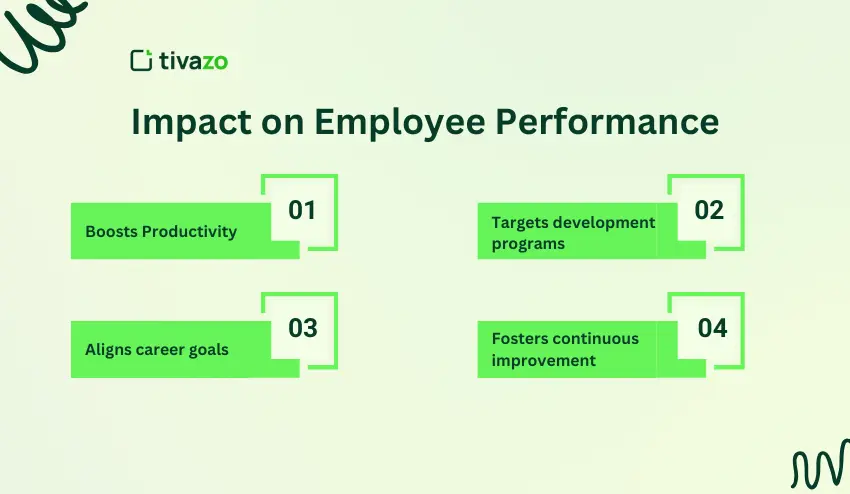
- Boosts productivity by identifying skill gaps.
- Targets development programs effectively.
- Aligns career goals with company objectives.
- Fosters continuous improvement and growth.
Enhances employee satisfaction through clear development paths.
Understanding Skills vs. Competencies in the Workplace
| Aspect | Skills | Competencies |
| Definition | Ability to perform specific tasks through acquired knowledge and practice. | A combination of skills, knowledge, behaviors, and attributes required for a specific job. |
| Examples | A combination of skills, knowledge, behaviors, and attributes is required for a specific job. | Critical thinking in finance, leadership in project management. |
| Focus | Task-focused and transferable across various positions. | Role-specific and aligned with job requirements and expectations. |
| Nature | Can be learned and applied across different fields. | Often shaped by experience and personal traits specific to a role. |
| Application | Used universally in various jobs and industries. | Tailored to particular roles and organizational goals. |
Using Competency Tests to Identify Skill Gaps and Strengths
Competency tests are potent assessment tools that will assist you in identifying where your strengths lie and where you may need to improve. The results of competency tests will give you an objective view of where you are today and help to identify both gaps and strengths.
Identifying skill gaps and leveraging competency tests will help pinpoint and preempt skill gaps that could impact your success as well as subsequent career development. The combination of competency tests with your skill strengths will help identify a personalised plan for continuous development.
Competency Testing for Remote Teams: Key Benefits and Challenges
Due to the expanded use of remote work, competency testing is now more important than ever, as competency tests measure how well employees can perform their regular tasks independently and how they communicate as employees, and these are the primary functions of any remote workplace.
Benefits of Remote Competency Testing:
Benefits of Remote Competency Testing are:
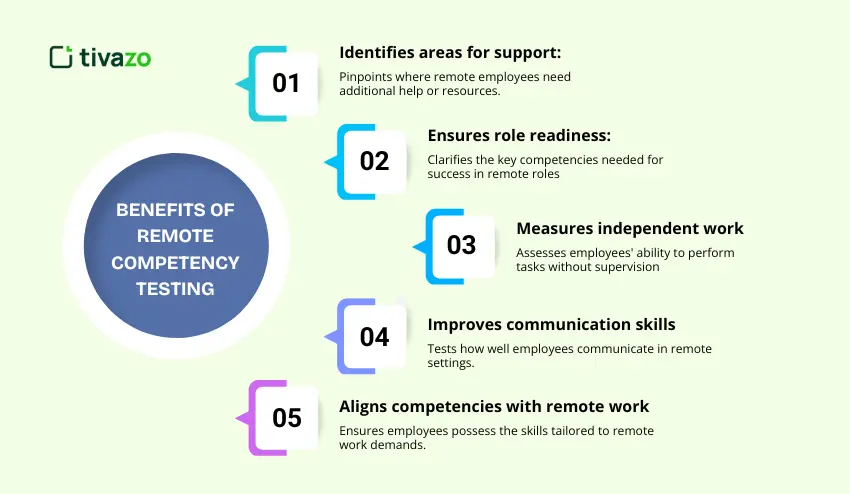
- Identifies areas for support:
- Identifying where remote employees need help from resources or support promptly.
- Ensures role readiness:
- A clear outline of competencies assures that employees in remote settings are aware of the key qualities and competency requirements to be successful in their role.
- Measures independent work:
- Competency testing allows for an assessment of employees’ ability to perform without direct supervision and independently perform their work.
- Improves communication skills:
- Competency testing addresses the ability of employees to communicate with each other in a remote capacity.
- Aligns competencies with remote work:
- Ensure employees have the optimal competencies shaped and suited to the requirements of their remote workplace.
Best Practices for Implementing Competency Assessments in Your Organization
Competency assessments can align employees’ skills and capabilities with organizational goals, which can ultimately lead to better performance of the standard worker and the organization, and more opportunities for organizational growth. To implement competency assessments, it is important to have agreed upon a definition of the key competencies for a role, to conduct competency assessments later in the process when hiring, and then use the outcomes of the assessment to make decisions about the employee’s development.
Best Practices:
- Incorporate competency assessments into employees’ performance reviews.
- Conduct follow-up, competency assessments regularly to support learning and employee productivity.
- Provide employees with feedback in terms of their test results and use the results to support continued improvement.
Conclusion
To facilitate both successful careers for individuals and the development of high-performance teams, understanding competency tests is important. Your chances for improving your skill, performance, and career outcomes are better when using the 5 strategies listed and good competency assessments together. Plan for placement today and gain some control over your future. Remember, competency tests are not roadblocks; they are opportunities for success in your career.
